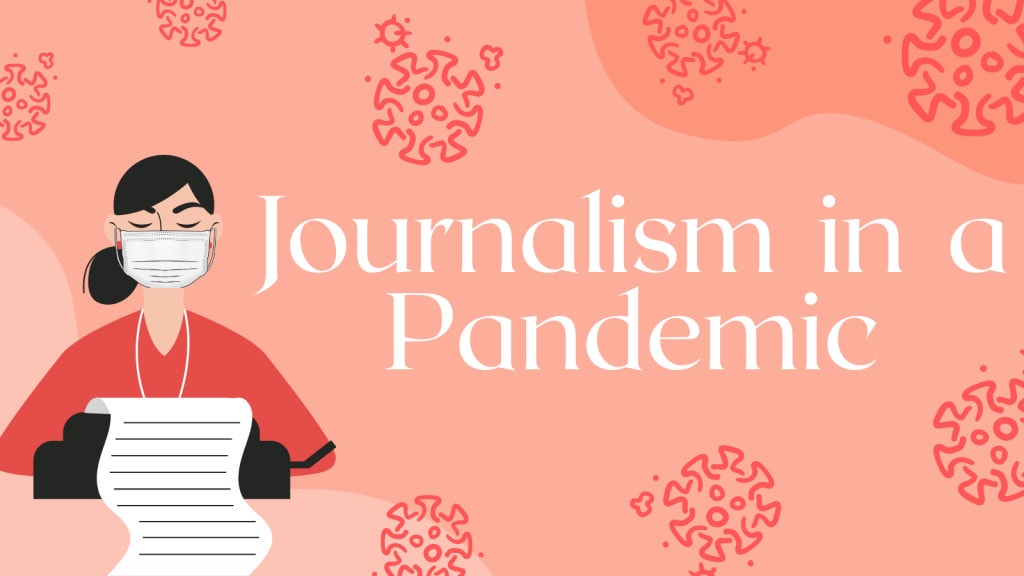http://www.unothegateway.com image
By Casey Bukro
Ethics AdviceLine for Journalists
The Covid-19 pandemic commanded the world’s attention, straining medical resources and testing the media’s competence to understand and accurately report such an unprecedented event.
As often happens in major events, journalists try to tell the story by describing what is happening to individuals. They try to “humanize” the story to describe the suffering of patients and brave attempts by doctors and nurses to treat the highly communicable disease, which struck down caregivers.
The death toll was one of the highest in pandemic history. The World Health Organization reports 7 million coronavirus deaths worldwide, from Dec. 31, 2019 to Feb. 4, 2024. With 1.2 million deaths, the United States had more covid casualties than any nation, despite having one of the most advanced health care systems in the world. Brazil was next with 702,000 deaths, followed by India with 533,500.
A horrifying story
It was a dramatic and horrifying story. And one that tested the ethical conduct of journalists. Although their intentions were good, did some of them go too far?
A British Broadcasting Corporation reporter based in Ho Chi Minh City contacted AdviceLine asking: “Should journalists enter an operating room where doctors are rescuing a critical patient just to have a good story?” Doctors consented to a story, with photos, in a hospital in Vietnam. But did their actions “undermine the patient’s privacy?”
The BBC reporter said the patient, an airline pilot, gained notoriety because his case was considered so rare in severity, “every minute detail of his recovery was reported in national newspapers and on TV news bulletins.”
Patient privacy
The case raises questions dealing with a patient’s privacy rights, and how much the public needs to know in a global public health crisis.
The AdviceLine adviser in this case was Joseph Mathewson, who teaches journalism law and ethics at Northwestern University’s Medill School of Journalism, Media & Integrated Marketing Communications.
Mathewson first turned to BBC editorial guidelines on privacy, which state: “We must be able to demonstrate why an infringement of privacy is justified, and, when using the public interest to justify an infringement, consideration should be given to proportionality; the greater the intrusion, the greater the public interest required to justify it.”
Guidelines
The guidelines went on to say: “We must be able to justify an infringement of an individual’s privacy without their consent by demonstrating that the intrusion is outweighed by the public interest…. We must balance the public interest in the full and accurate reporting of stories involving human suffering and distress with an individual’s privacy and respect for their human dignity.”
In this case, it was not known if the patient consented to be interviewed and photographed. Without consent, said Mathewson, “the journalist then needs to weigh the public interest in that infringement to determine whether it was warranted.”
Broadcasting code
The United Kingdom also has a broadcasting code with similar restrictions that take public interest into account, adding: “Examples of public interest would include revealing or detecting crime, protecting public health or safety, exposing misleading claims made by individuals or organizations or disclosing incompetence that affects the public.”
Mathewson observed that the many stories written about the patient probably identified him to some degree. “I can’t help wondering what was in the many previous stories about him,” he told the BBC reporter.
If previous stories, done without his consent, had identified the patient and his employer, “the ethics analysis might be different,” said Mathewson.
*************************************************************************
The Ethics AdviceLine for Journalists was founded in 2001 by the Chicago Headline Club (Chicago professional chapter of the Society of Professional Journalists) and Loyola University Chicago Center for Ethics and Social Justice. It partnered with the Medill School of Journalism at Northwestern University in 2013. It is a free service.
Professional journalists are invited to contact the Ethics AdviceLine for Journalists for guidance on ethics. Call 866-DILEMMA or ethicsadvicelineforjournalists.org.
Visit the Ethics AdviceLine blog for more.


